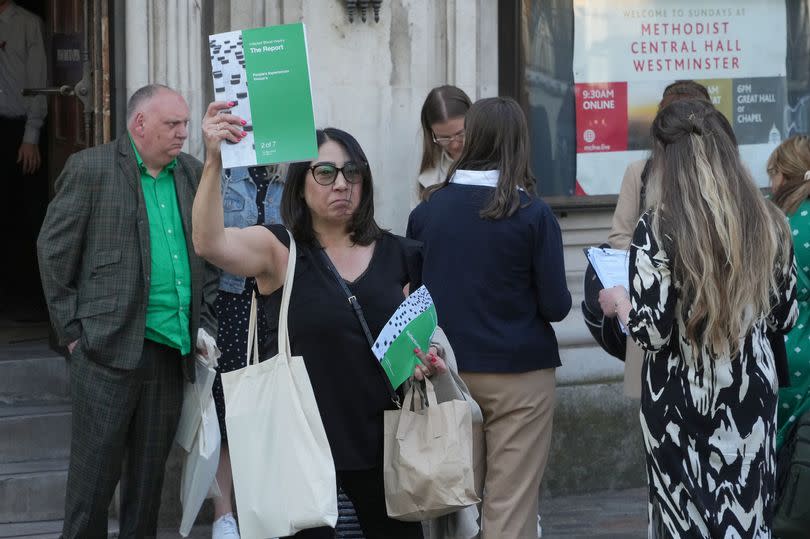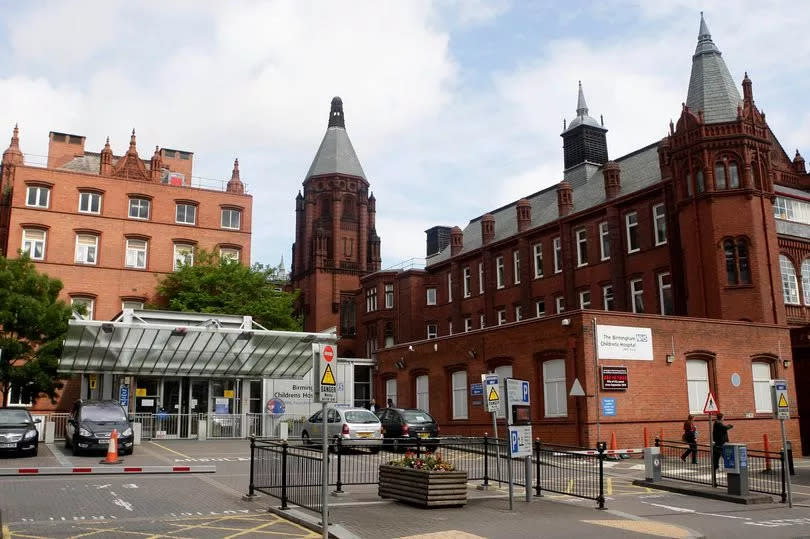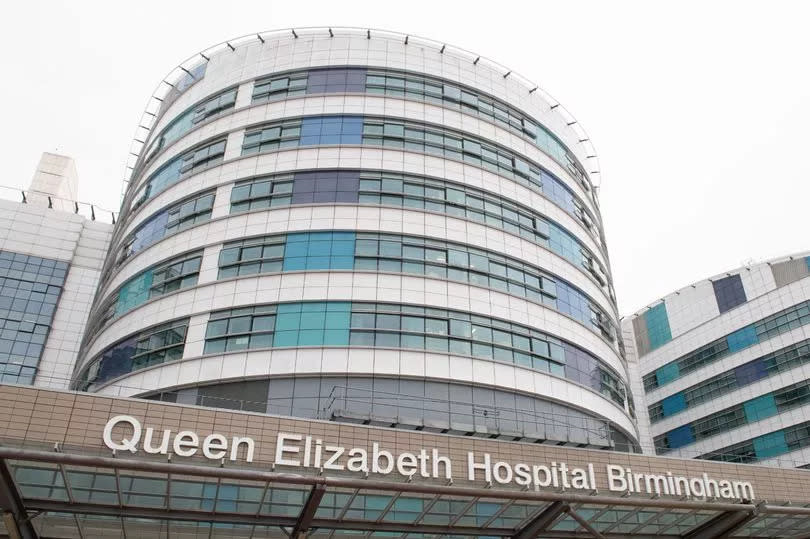Why Birmingham's children's hospital and QE hospital are named in infected blood scandal report

Two Birmingham hospitals have been singled out for criticism in a long-awaited report into the infected blood scandal. The five-year public inquiry, released Monday, May 20 found the deaths of 3,000 people treated with contaminated blood was ‘not an accident.’
From 1970-1991, more than 30,000 were infected with HIV and hepatitis C by contaminated blood or blood products in the worst treatment disaster in NHS history. The scathing 2,527-page report found politicians, doctors and civil servants guilty of a ‘chilling’ cover-up and failing victims ‘not once but repeatedly’.
Prime Minister Rishi Sunak said the release of the Infected Blood Inquiry’s report was a ‘day of national shame’ and pledged compensation for victims. The report listed a ‘catalogue of failures’ at a number of hospitals across the country, including Birmingham Children’s Hospital and Queen Elizabeth Hospital.
READ MORE: pledged to give victims compensation
Birmingham Children’s Hospital was one of several paediatric haemophilia centres singled out for criticism in the report. The report reads: “It is in particular plain that the treatment regimes at Alder Hey, Yorkhill and Birmingham Children’s Hospital, where commercial concentrates were the mainstay of treatment, were utterly unacceptable.
“It is plain also that most clinicians responsible for children with haemophilia did not pay sufficient regard to the dangers to their patients. They had all the information they needed to do better. They did not use it and as a result children suffered.”

In the 1970s, substantial quantities of commercial concentrates were used to treat haemophilia patients - despite posing a higher risk of hepatitis. Elsewhere in the report, historical failures at Birmingham’s Queen Elizabeth Hospital are examined.
Professor Frank Hill - co-director of Birmingham Haemophilia Centres from 1976 - was found to have been aware of the risks posed by commercial concentrates, but failed to stop their use. The report reads: "Professor Frank Hill told the Inquiry that he believed in the late 1970s that non-A non-B Hepatitis was a minor self-limiting condition with no serious long-term consequences.
“However, the minutes of the November 1976 West Midlands working party meeting show him concerned about the hepatitis risk in respect of freeze dried Factor VIII concentrate obtained from commercial sources.”

The public inquiry also concluded that many patients were falsely reassured, children were treated unnecessarily and evidence deliberately destroyed. Victims of the scandal from the West Midlands have said they felt "vindicated" after a long-awaited report.
Andy Evans from Evesham, Worcestershire, told the BBC : "It really vindicates and validates everything that we've been campaigning for. [The report] was everything that we have been saying for 40 years on this campaign, but written down by a high court judge. It's absolutely immense."
BirminghamLive has contacted Birmingham Children’s Hospital for comment. A UHB statement reads: "We share our sincere apologies with all those who have been affected by this tragedy; our thoughts remain with them. We welcome the report, which is the result of individuals bravely sharing their experiences.
"We will continue to support those who have been affected, during this very difficult time. We are also determined to work locally, and with wider NHS organisations, to implement any further recommendations."

 Yahoo News
Yahoo News 
